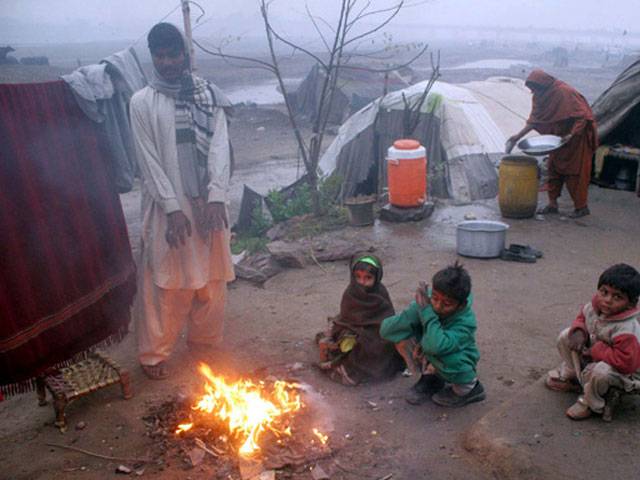Muhammad Ali
LAHORE - Welfare states take care of people’s shelter and housing needs. Unfortunately, in our part of the world, the state neither affords its subjects this ‘luxury’ nor does it ill-afford a comprehensive amnesty for people who manage to build abodes on uncovered lands; hence amnesty schemes for tax-evaders and smugglers of expensive cars, but crackdowns on the poor who live in ‘illegal colonies’.
It is quite heart-rending to learn that a number of families of a Peshawar locality have been evicted from their houses because the authorities claim the land to be state land (As if the people aren’t the state’s).
The families evicted from the Regi Lalma locality of Peshawar, according to reports, protested in front of the Peshawar High Court the other day. They alleged that the security forces used brute force to evict them from the houses they claim they had been living in for more than 70 years.
On the other hand, the authorities were reported as claiming the land to be the property of the army. A military spokesman, reports BBC, said that when the area residents were issued notices to leave illegal possession of land, they filed a writ in the Peshawar High Court. The protesters, including women and children, were reported as displaying banners outside the high court building, and demanding PHC Chief Justice Dost Muhammad Khan take notice of "use of force" to evict them from their houses.
The matter at hand is a serious rights issue even if we accept state’s claim to the land … the state not only can stake claim to a piece of land but should also stake claim to its poor people. It appears quite cruel on the part of authorities to wake up to their ownership of a piece of land when the residents have build colonies over it and lived there for decades.
The issue is a chronic one, and the number of homeless has grown owing to the floods, which come as a yearly feature and each time catch the state ill-prepared to cope with the human tragedy. Starting from the 2005 earthquake that caused destruction over vast swathes, each subsequent natural calamity brought home successive governments’ ‘photo sessions’ ability to manage media. Invariably, for all floods in the recent years, officials disappeared even before the water had receded (but not before the media had started looking the other way).
The 2010 floods alone, according to state’s own statistics, rendered approximately 7.3 million people homeless. And the powers-that-be would not differ that this number has grown in the recent floods. Mind you, these people are in addition to the otherwise homeless. Of those who have some form of shelters, as many as 26.6 million live in slums, in conditions which are inhabitable.
The armed conflicts also have raised the number of homeless, who are commonly referred to as Internally-Displaced People (IDPs). According to the UN, Pakistan has 757,996 IDPs on account of armed conflicts. Most of them come from the Khyber Pakhtunkawa and the tribal areas which are at the forefront of the terror war.
To sum up, Pakistan has a very high number of homeless people, who, by the virtue of the constitution of the Islamic Republic, remain responsibility of the state. While the state may need to assert its authority on certain instances, doing so isn’t advisable for the localities where people have built houses on state land and have lived there for years. Such occupations should have been averted in the first place. The state may have new laws to grant amnesty to such colonies which have existed, let’s say, for over a decade. It should in no way make the poor pay in the dark of the night for its own slumber.






